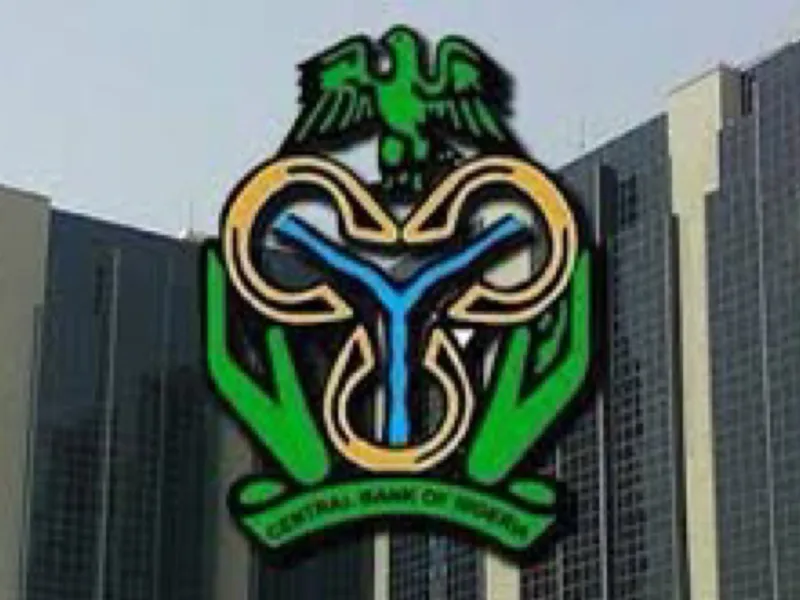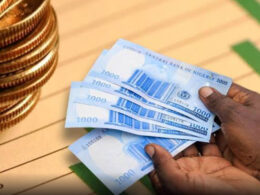Nigeria’s foreign reserves have hit a six-year low, dropping to $32.29 billion as of April 15, according to the latest data from the Central Bank of Nigeria (CBN).
This marks a significant decrease from the peak of $34.44 billion, which was recorded earlier in 2024. The decline amounts to $2.15 billion, representing a 6.26% decrease in the country’s foreign reserves.
The recent downward trend in foreign reserves brings an end to a period of consistent growth observed between February 5 and March 18. During this period, the reserves had increased by $1.28 billion. The CBN attributed the earlier growth to factors such as increased remittance payments from Nigerians abroad and heightened interest from foreign investors in local assets, particularly government debt securities.
The last time Nigeria’s foreign reserves stood at the current level of $32.29 billion was on September 9, 2017, when the CBN reported a figure of N32.28 billion. The decline in reserves comes amidst ongoing intervention by the CBN in the parallel market with the aim of stabilizing the foreign exchange (FX) rate.
In an effort to curb volatility in the FX market, the CBN initiated interventions in February, allocating $20,000 to each bureau de change (BDC) operator at a rate of N1,301/$. Subsequent interventions included a second tranche of $10,000 sold to BDCs at the rate of N1,251/$ and the commencement of a third tranche of sales at N1,101/$ on April 8.
Despite these interventions, the naira appreciated against the dollar in the parallel market, witnessing a significant increase from N1,900 per dollar on February 21 to N1,100/$ on April 13. However, the depreciation in foreign reserves suggests ongoing challenges in maintaining stability in the FX market amidst external pressures and domestic economic uncertainties.
Analysts point to various factors contributing to the decline in foreign reserves, including declining oil prices, which remain a significant source of revenue for Nigeria. Additionally, concerns over inflation and fiscal sustainability have weighed on investor confidence, leading to capital outflows and further exerting pressure on the country’s foreign reserves.
The CBN continues to implement measures aimed at addressing these challenges and restoring stability in the FX market. These efforts include ongoing interventions, tightening monetary policy, and enhancing transparency and accountability in the management of foreign reserves.
As Nigeria navigates through economic challenges, policymakers face the task of striking a balance between supporting economic growth, maintaining price stability, and safeguarding the country’s external reserves to ensure resilience in the face of global economic uncertainties.










Join our Channel...